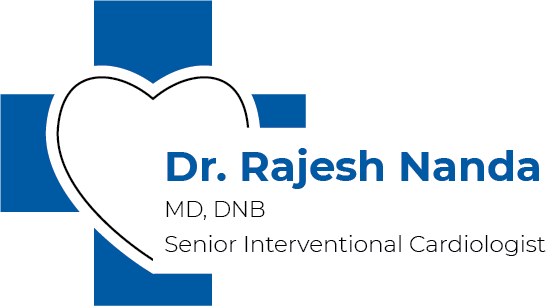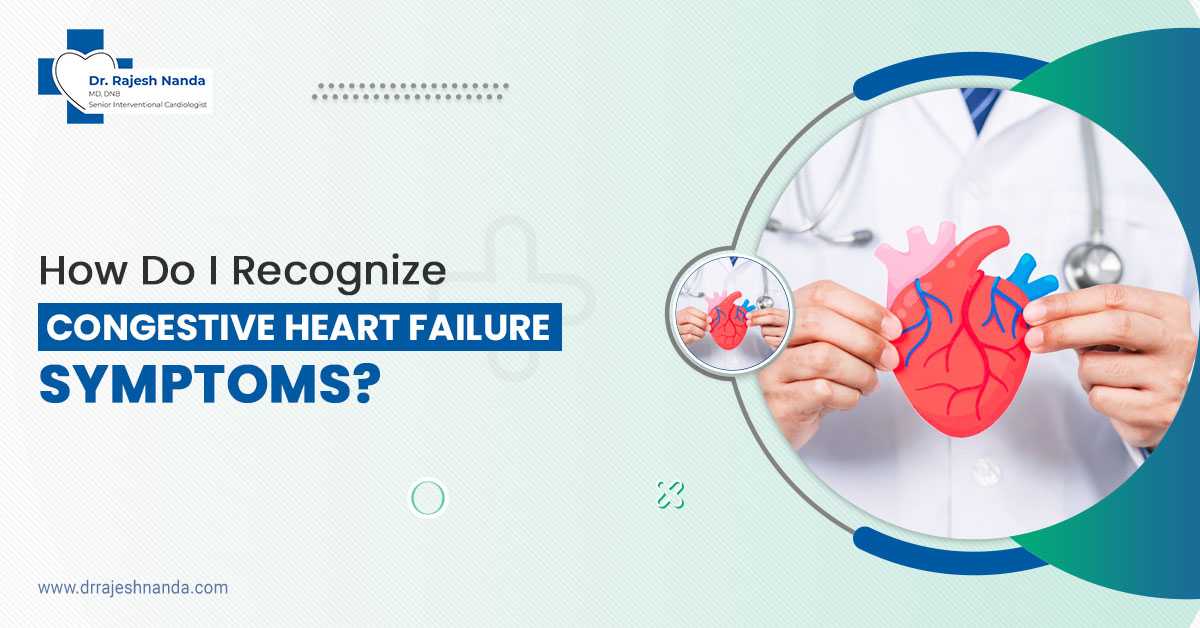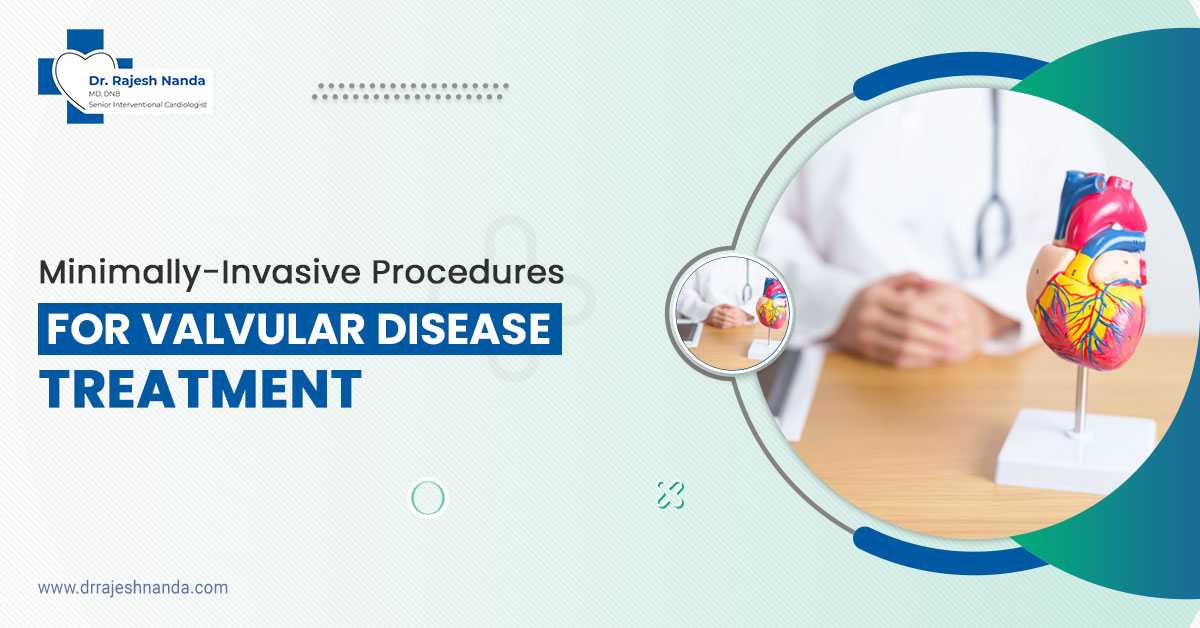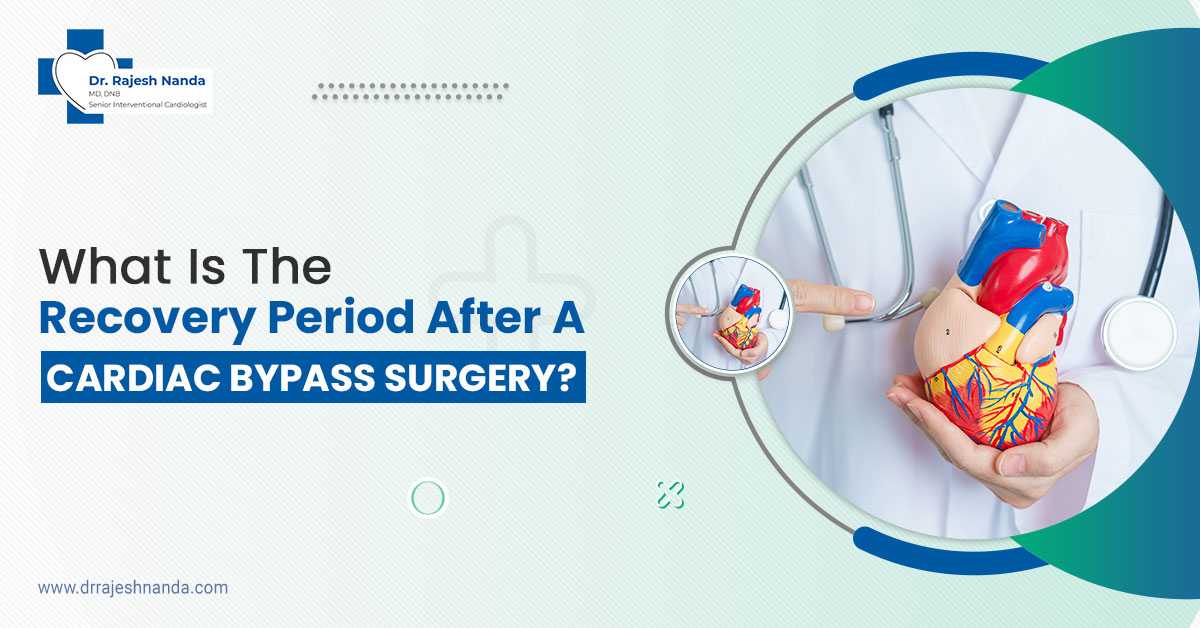One of the most common reasons for heart attacks is arterial thrombosis, known as arterial blood clots. In thrombosis, occur blood clots in more than one blood vessel or heart. A blood clot may rupture and spread to other parts of your body, or the blood clot may remain in place and stop blood flow. This condition may lead to a stroke and heart attack, which might affect the lungs, belly, neck, and brain. Consult the best cardiologist Siliguri city for routine heart checkups and optimal treatment.
Arteries or blood vessels in your body that carry oxygen-rich blood from your heart to the rest of your body. When the lining of a blood vessel is damaged or affected, a blood clot may develop at the site of the damaged area. Inappropriately or excessively formed blood clotsdisturb the blood flow, leading to serious health issues.
Let’s Understand the Types of Arterial Thrombosis
The two major forms of arterial thrombosis are:
Arterial thrombosis
This medical condition occurs with a blood clot forming in an artery. The damaged blood vessels or arteries can be responsible for heart attacks and strokes.
Venous thrombosis
This medical condition occurs with a blood clot forming in a vein, which carries blood back to the heart from the body. When arterial thrombosis causes heart attack and strokes, venous thrombosis is the most common reason for pulmonary embolism, which is a blood clot in the lungs.
How Arterial Blood Clots May Cause A Heart Attack
When a blood clot develops in a coronary artery, which supplies blood to the heart muscle,this blockage can partially or completely block the oxygen-rich blood supply to the heart.
The deprivation of oxygen-rich blood makes the affected heart muscle tissue become further damaged or die.It’s a serious condition that may cause a heart attack. Now, how severe a heart attack will be due to arterial thrombosis depends on the size of the blood clot and the location of the blockage.
A partial or limited blockage may cause angina, which is a type of chest pain that occurs when the heart muscle haslow oxygen. Ongoing angina can be a warning sign of a heart attack or heart condition. You can talk to the best cardiologist in Siliguri for arterial blood clot treatments.
A complete blockage of a coronary artery becomes a major risk factor for a heart attack. The longer the artery remains blocked or damaged, the more the risk of severe heart muscle damage. Quick access to medical support can restore blood flow and reduce the risk of heart damage.
Symptoms of arterial blood clots include:
- Chest pain or discomfort (angina)
- Trouble breathing
- Dizziness
- Pain in the neck, jaw, arms, or stomach
- Feeling nauseous
- Cold sweats
As per medical, thrombosis is an underlying reason for deaths for 1 in 4 people in the world. Arterial thrombosis is a common health issue in people with arterial fibrillation, coronary artery disease, tobacco use, diabetes, and cancer.
By making healthy lifestyle choices, and going for regular heart health checkups, you can reduce the risk of atrial blood clots. Reach out to the top heart specialists in Siliguri to get comprehensive heart health care and advice.




